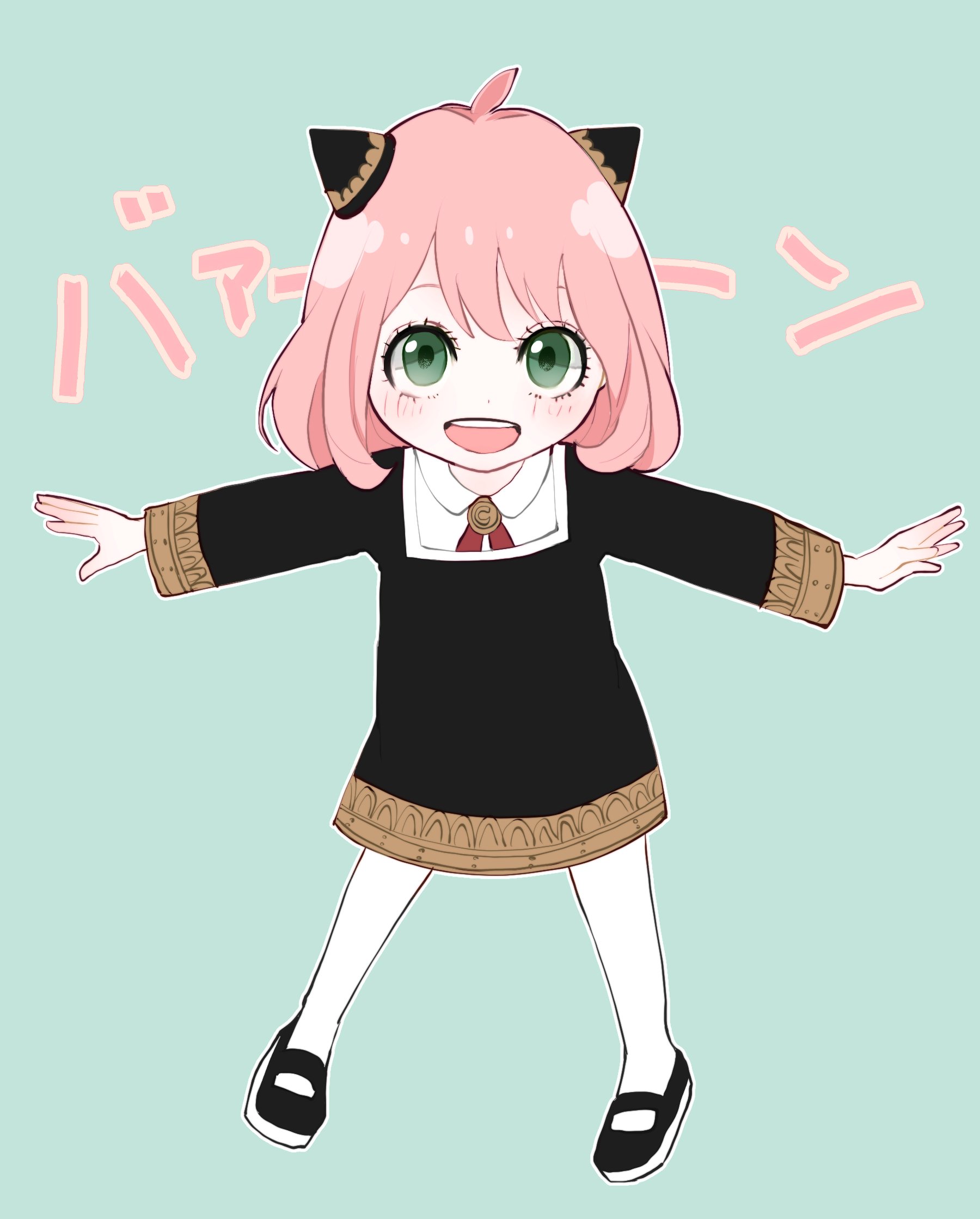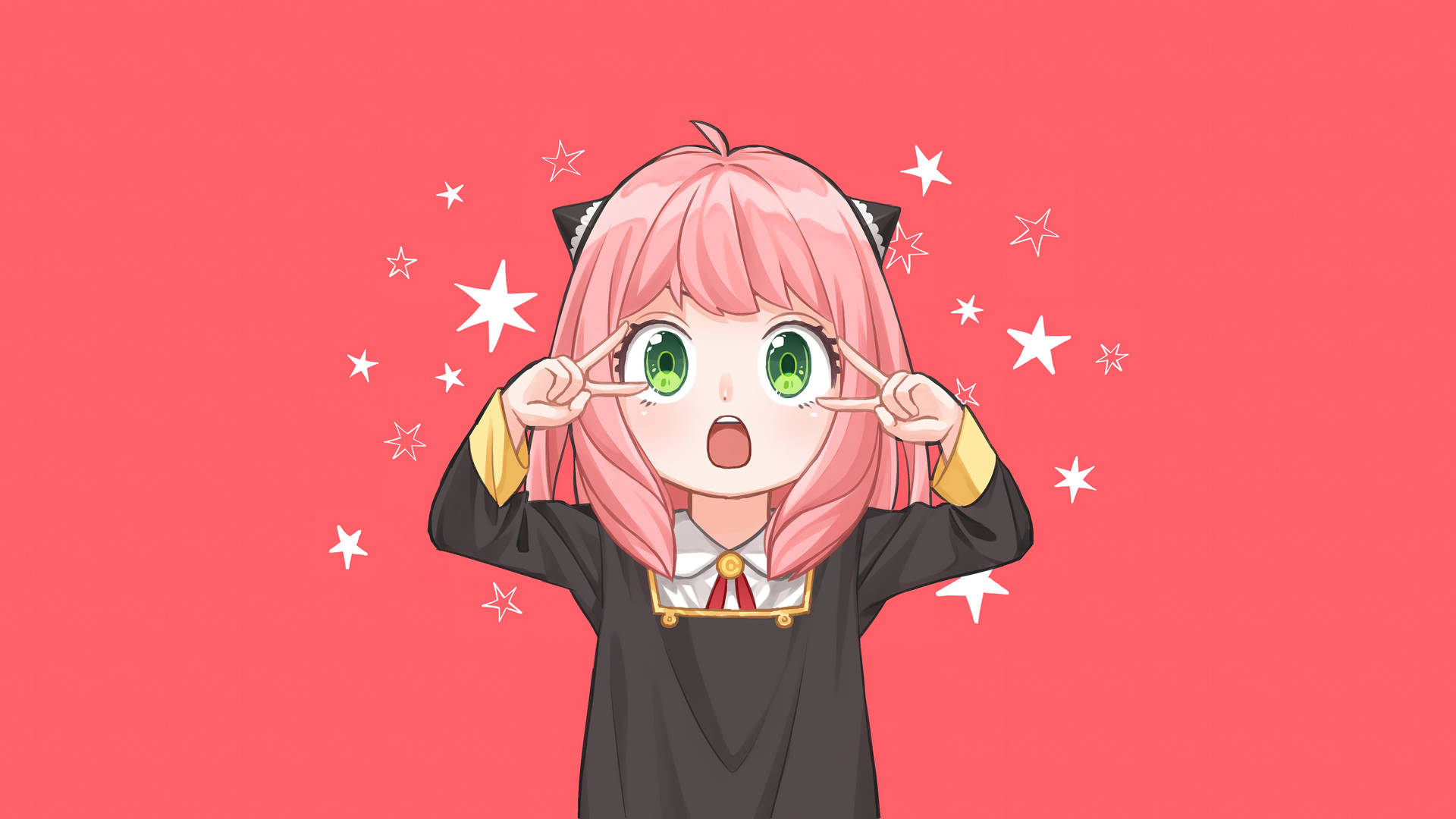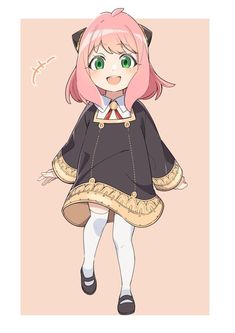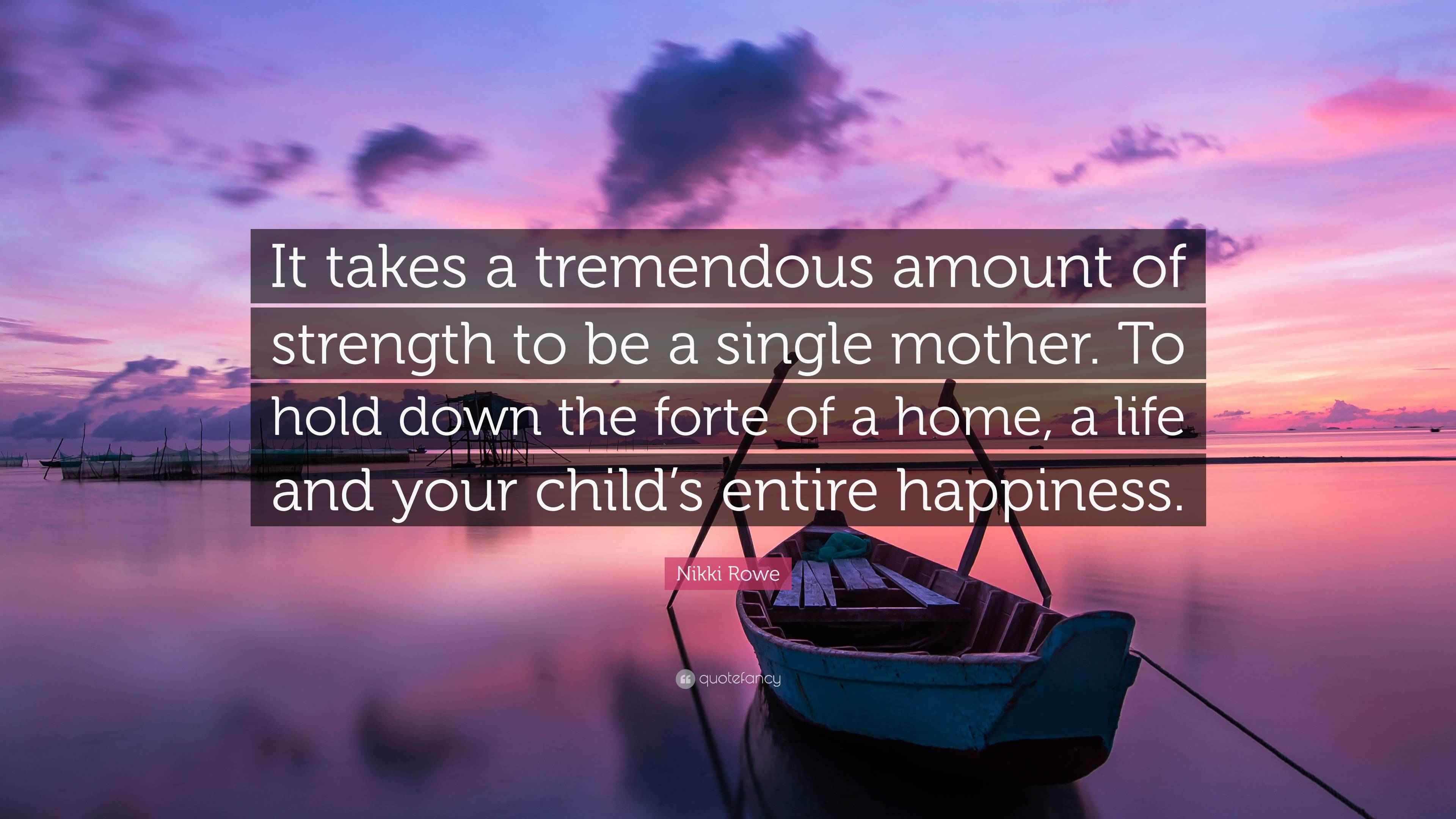Anya Forger Porn

The phenomenon of "Anya Forger Porn" has emerged as a controversial topic in recent years, sparking debates and discussions among fans of the popular anime and manga series "The Promised Neverland." This article aims to delve into the complex world of fan-generated content, exploring the motivations behind its creation, the legal and ethical implications, and the impact it has on both the original work and its audience.
The Rise of Fan-Generated Content

Fan-generated content, including fan art, fan fiction, and in this case, fan-made pornography, has become an integral part of modern fandom culture. With the rise of online platforms and social media, fans now have the tools and reach to express their creativity and engage with their favorite works in new and exciting ways.
In the case of "The Promised Neverland," the complex characters and intriguing storylines have inspired a dedicated fan base to create their own interpretations and expansions of the universe. Anya Forger, a beloved character known for her intelligence and determination, has become a focal point for many fan creations, including the controversial "Anya Forger Porn."
Motivations Behind Fan-Generated Pornography

The creation of fan-generated pornography, often referred to as "fanon," can be driven by a variety of factors. For some fans, it serves as a form of creative expression, allowing them to explore their own sexual fantasies and desires within the context of a beloved fictional world. Others may see it as a way to deepen their connection with the characters, immersing themselves further into the narrative and developing a sense of ownership over the story.
Additionally, fan-generated pornography can be a response to the lack of representation or exploration of certain themes within the original work. In the case of "The Promised Neverland," which primarily focuses on the survival and escape of children, the inclusion of adult themes and relationships may be limited. As a result, fans may create their own content to fill this perceived gap, satisfying their desire for more explicit and mature narratives.
Legal and Ethical Considerations
The production and distribution of fan-generated pornography raise important legal and ethical questions. From a legal perspective, the use of copyrighted characters and intellectual property without permission can be considered copyright infringement. However, the concept of "fair use" allows for limited use of copyrighted material for purposes such as criticism, comment, news reporting, teaching, scholarship, or research.
Ethically, the creation and consumption of fan-generated pornography can be a sensitive issue. While some fans may argue that it is a form of artistic expression and consent is implied within the fandom community, others may view it as exploitative and disrespectful to the original creators and characters. The potential objectification and sexualization of characters, particularly those who are minors in the original work, can also lead to concerns about the impact on vulnerable audiences.
Protecting Intellectual Property
For creators and copyright holders, the existence of fan-generated pornography can be a complex issue. While it may indicate a dedicated and passionate fan base, it can also lead to concerns about the protection of their intellectual property. Copyright infringement can result in legal consequences and damage to the reputation and financial stability of the original work.
To address these concerns, creators and copyright holders often take a range of approaches. Some choose to ignore or tolerate fan-generated content, recognizing the benefits it can bring to the fandom and the original work. Others may actively engage with fans, providing official merchandise and content that satisfies the demand for adult-oriented material while also protecting their intellectual property rights.
Impact on the Original Work and Audience
The presence of fan-generated pornography can have both positive and negative impacts on the original work and its audience. On the one hand, it can attract new fans and create a sense of community and engagement within the fandom. The exploration of alternative storylines and character relationships can add depth and diversity to the universe, providing fans with new perspectives and interpretations.
Fandom Community and Engagement
Fan-generated content, including pornography, has the power to unite fans and foster a sense of community. Online platforms and social media groups dedicated to specific fandoms provide a space for fans to connect, share their creations, and engage in discussions about their favorite works. The existence of fan-generated pornography can be a catalyst for these interactions, bringing together like-minded individuals who share a passion for the original work.
Additionally, fan-generated content can serve as a form of critique and commentary on the original work. By exploring alternative storylines and character relationships, fans can express their desires, frustrations, or interpretations of the narrative. This can lead to productive discussions and debates within the fandom, encouraging critical thinking and engagement with the source material.
Potential Risks and Negative Impacts
While fan-generated pornography can have positive effects on the fandom community, it is important to acknowledge the potential risks and negative impacts it may have. One of the primary concerns is the potential for harm to vulnerable audiences, particularly younger fans or those who may be exposed to explicit content unintentionally.
The objectification and sexualization of characters, especially those who are minors in the original work, can be distressing and inappropriate. It is crucial to consider the impact of such content on impressionable fans and ensure that appropriate measures are taken to protect them. This includes implementing age restrictions, providing warning labels, and promoting responsible consumption of fan-generated pornography.
Future Implications and Industry Response

As fan-generated pornography continues to evolve and gain attention, the entertainment industry and creators are faced with the challenge of navigating this complex landscape. The question of how to address and regulate fan-generated content, particularly in the context of intellectual property rights and ethical considerations, remains a topic of debate.
Industry Perspectives and Responses
The industry's response to fan-generated pornography varies depending on the creators and the nature of the original work. Some creators actively embrace fan-generated content, seeing it as a form of appreciation and engagement with their work. They may choose to engage with fans, provide official adult-oriented content, or even collaborate with fan artists and writers to create authorized derivative works.
However, other creators may take a more cautious approach, concerned about the potential legal and ethical implications. They may choose to distance themselves from fan-generated pornography, issuing statements or taking legal action to protect their intellectual property rights. The balance between fostering a vibrant fandom community and protecting the integrity of the original work is a delicate one, and each creator must navigate this path based on their own values and goals.
The Role of Online Platforms
Online platforms and social media sites play a significant role in the distribution and consumption of fan-generated pornography. These platforms provide a space for fans to share their creations and connect with others who share their interests. However, they also face the challenge of moderating and regulating the content shared on their platforms, particularly when it comes to explicit and potentially harmful material.
Many online platforms have implemented policies and guidelines to address fan-generated pornography. These may include age restrictions, content warnings, and reporting mechanisms to flag inappropriate or illegal content. Additionally, some platforms may choose to remove or restrict access to certain types of fan-generated pornography, particularly if it violates their terms of service or community guidelines.
Conclusion
"Anya Forger Porn" represents a complex intersection of fandom culture, creative expression, and ethical considerations. While fan-generated pornography can serve as a form of artistic exploration and community engagement, it also raises important questions about intellectual property rights, consent, and the impact on vulnerable audiences.
As the entertainment industry continues to navigate the evolving landscape of fan-generated content, it is essential to strike a balance between fostering creativity and protecting the original work and its audience. By understanding the motivations behind fan-generated pornography and engaging in open dialogue, creators, fans, and online platforms can work together to create a responsible and inclusive fandom culture.
What is the legal status of fan-generated pornography?
+The legal status of fan-generated pornography is complex and can vary depending on the jurisdiction and the specific circumstances. While it may be considered copyright infringement, the concept of “fair use” allows for limited use of copyrighted material for certain purposes. It is important to consult legal experts and stay informed about the latest legal developments in this area.
How can fans create and consume fan-generated pornography responsibly?
+Fans can create and consume fan-generated pornography responsibly by being mindful of the potential impact on the original work and its audience. This includes respecting the intellectual property rights of the creators, using appropriate age restrictions and content warnings, and promoting a culture of consent and respect within the fandom community.
What steps can creators take to address fan-generated pornography?
+Creators can take various steps to address fan-generated pornography, depending on their goals and values. This may include engaging with fans, providing official adult-oriented content, or taking legal action to protect their intellectual property rights. It is important for creators to communicate their expectations and boundaries to the fandom community.



